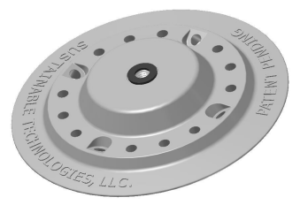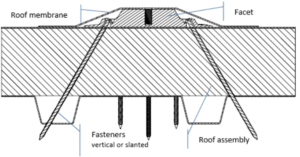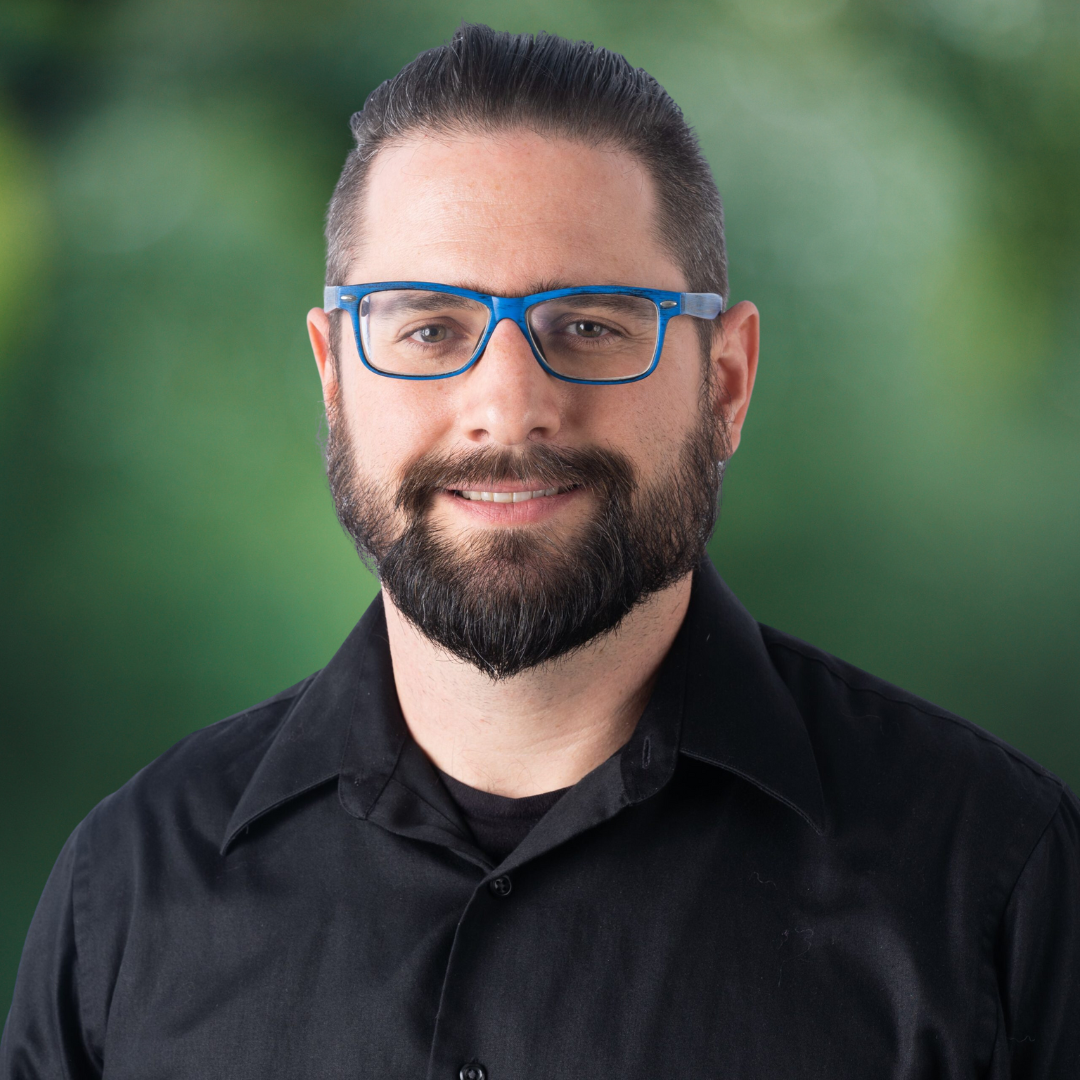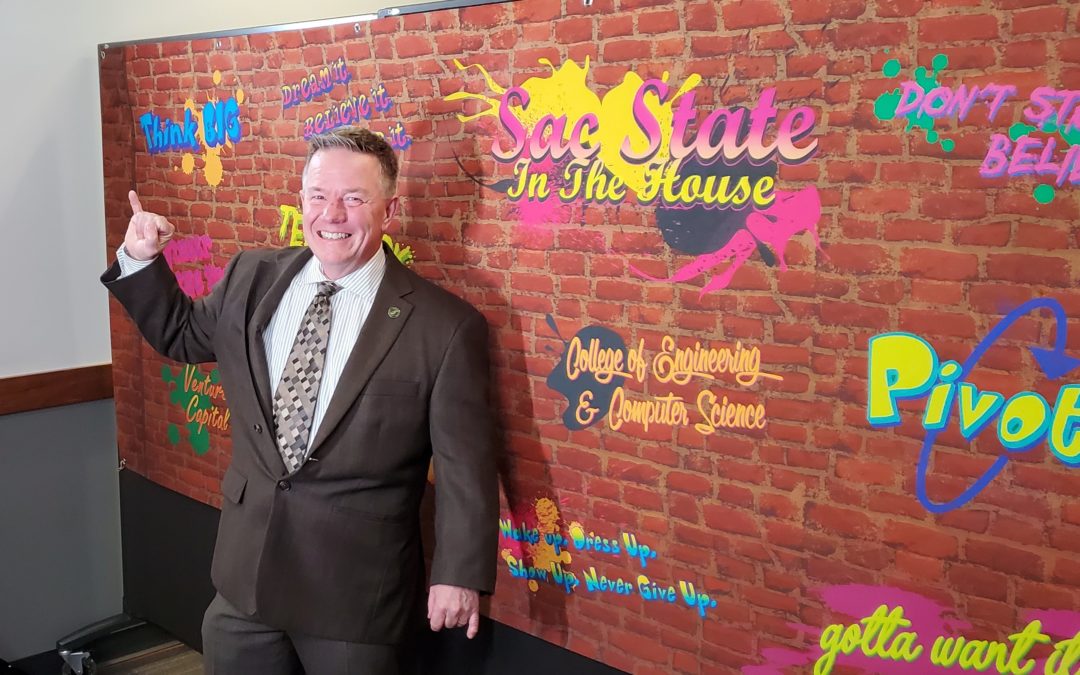

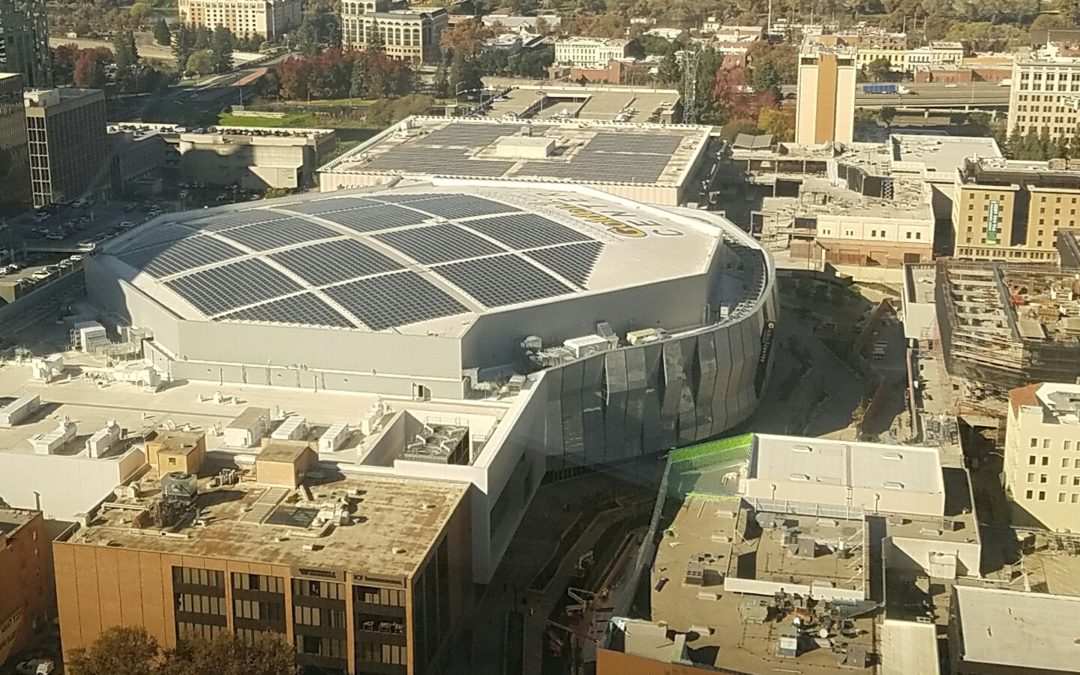
Necessity Gives Rise to a New Company
In 2006, a solar developer had a problem. It wanted to win the bid to cover the roof of the Staples Center in Los Angeles with PV panels. But like many arenas, the roof wouldn’t bear much weight and more importantly, the owner wanted to be sure the installation wouldn’t cause any leaks. Looking at all the conventional ways to secure PV panels to the roofs of commercial buildings, the developer could not find anything suitable. Conventional systems are designed for only flat roofs and the Staples Center roof was gently curved. More importantly, typical systems used ballasting to hold down the racks of panels to avoid making holes in the roof. But then the racks can move or the ballast (usually concrete blocks) can deteriorate. With no other option, the developer turned to its own engineers to design a new lightweight installation system appropriate for the curved roof. And it worked. They won the bid. They installed the panels. And after a decade, still no leaks.
In fact, the system worked so well, they decided to make a business around it. That was the origin of Sustainable Technologies in North Natomas and its flagship product, the patented Facet Roof Mount. It looks like a small flying saucer with a threaded center section for a bolt to hold the PV racks. It’s so simple that PV installation times are slashed and costs reduced as well. It is used in conjunction with various flashing and sealing methods to ensure that it is water-tight.
It works so well, sales are zooming, with over 85,000 likely to be sold this year, up from 30,000 last year. The units themselves are outsourced to China, with sales done directly or through US distributors. No significant sales have been made outside the US, but a move into European markets is on the horizon. In our judgment, the big milestone for this company is probably getting unit sales over the 10 million mark. The 120,000+ mounts sold to date support about 10 MW of solar installations. When 1000 MW worth of mounts have been sold, the technology will be on lots of developers’ radar screens and sales should zoom.
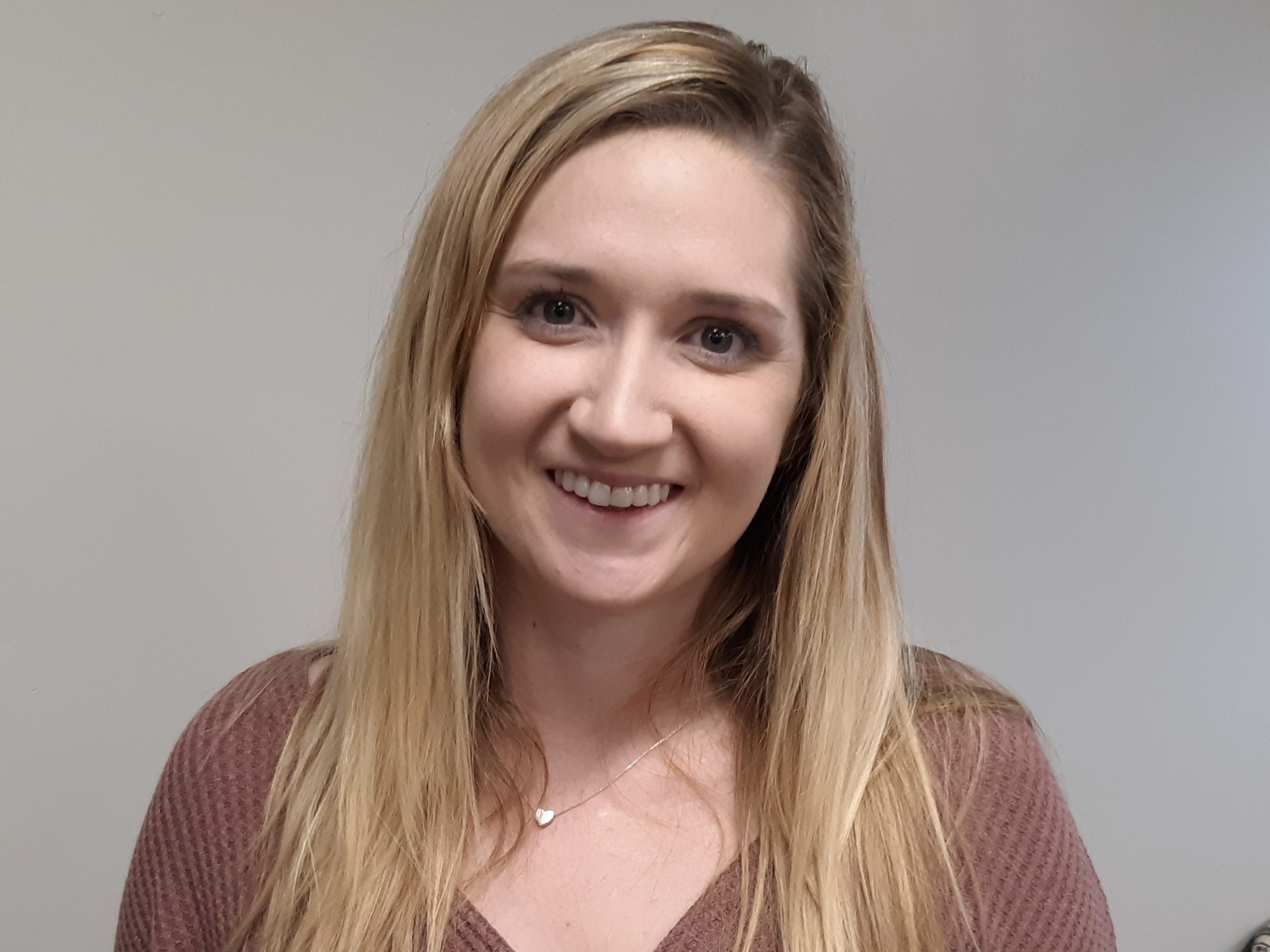
According to Erica Lindstrom, Sales and Operations Manager, the key to getting sales is receiving approvals from the roofing manufacturers and most importantly from building standards agencies. They have certifications from most manufacturers that the use of their system does not void warranties, and are working on getting it for the most popular roofing material—EPDM or polymerized Ethylene Propylene Diene Monomer, commonly called a “rubber roof”. Building department approvals are a longer game. Every locality and state has its own rules. Erica says they just got approval from the LA city building department to unlock one of the biggest markets in the country. Awesome!

ABOUT THE AUTHOR
Gary Simon is the Chair of CleanStarts Board. A seasoned energy executive and entrepreneur with 45 years of experience in business, government, and non-profits.
CleanStart Sponsors
Weintraub | Tobin, EY, Stoel Rives, Greenberg Traurig LLP
BlueTech Valley, Buchalter, Moss Adams, PowerSoft.biz
College of Engineering & Computer Science at Sacramento State

SMUD Support Clean Tech in Small Business
We all know SMUD as a utility and recently CleanStart has shared how SMUD has leveraged its resources to promote clean energy, sustainability, and community development. While these all provide ways a startup can engage with SMUD, there are some ways you can do business with SMUD.
SMUD has set up specific programs to give small businesses an advantage in selling goods and services to it. SMUD has created a Supplier Education and Economic Development (SEED) Program to support businesses in SMUDs territory that qualify with the California Department of General Services (DGS) as a “Small Business or Microbusiness”. The SEED program provides qualified vendors a Bid Price advantage and extra points on their proposal evaluations. It also helps prime contractors find local sub-contractors, which helps them gain a competitive edge when developing their bids or proposals. SMUD awards $200 to $300 million in contracts every year, $40 to $60 million of which goes to SEED vendors and suppliers. SMUD wants to buy 20% of its goods and services from qualified small businesses.
SMUD’s Electronic Bid Solicitation System (EBSS) is where you can find opportunities to work with SMUD. This should be a bookmarked website for you just like PG&E, the California Energy Commision, California Air Resources Board, your local air district, and of course CleanStart.
An example of how you can use SEED to grow your Business is Anvaya Solutions. I talked with Shobha Mallarapu, President and CEO, to learn about how she grew her business. She founded Anyaya in 2007 and began attending classes SMUD offered on small business opportunities. There she learned about SMUD’s SEED program, applied and secured SMUD as her first customer.
From that first successful contract Mallarapu was able to use SMUD a launching point to work with other government entities and utilities across the US. Growing her business to over a dozen in the region. Mallarapu credits SMUDs employee’s with being very active in working with local businesses. Through them she was able to offer feedback and watch the SEED program change to better support small business.
So, to all the Clean Tech Startups that have solutions they want to connect with SMUD on check out SMUD’s EBSS and apply with DGS as a small business.
ABOUT THE AUTHOR
Thomas is the Executive Director of CleanStart. Thomas has a strong background in supporting small businesses, leadership, financial management and is proficient in working with nonprofits. He has a BS in Finance and a BA in Economics from California State University, Chico. Thomas has a passion for sustainability and a commitment to supporting non-profits in the region.
Sponsors




Weintraub | Tobin, Revrnt, Moss Adams, PowerSoft.biz, Greenberg Traurig

Global Entrepreneurship Week Excites Students
Do you think you could start to build a clean tech business in 60 minutes? We challenged students to do just that at an event we had this week kicking off Global Entrepreneurship Week at CSU Sacramento with the College of Engineering and Computer Science. Dozens of campus-wide GEW events were led by the Carlsen Center for Innovation and Entrepreneurship. In collaboration with Dean Lorenzo Smith, CleanStart created a “learning journey” through an entrepreneurship introduction and training exercise. We titled the event “So you want to be an Entrepreneur?” We challenged students to turn their ideas into a business, coaching them on the elements of the Business Model Canvas.
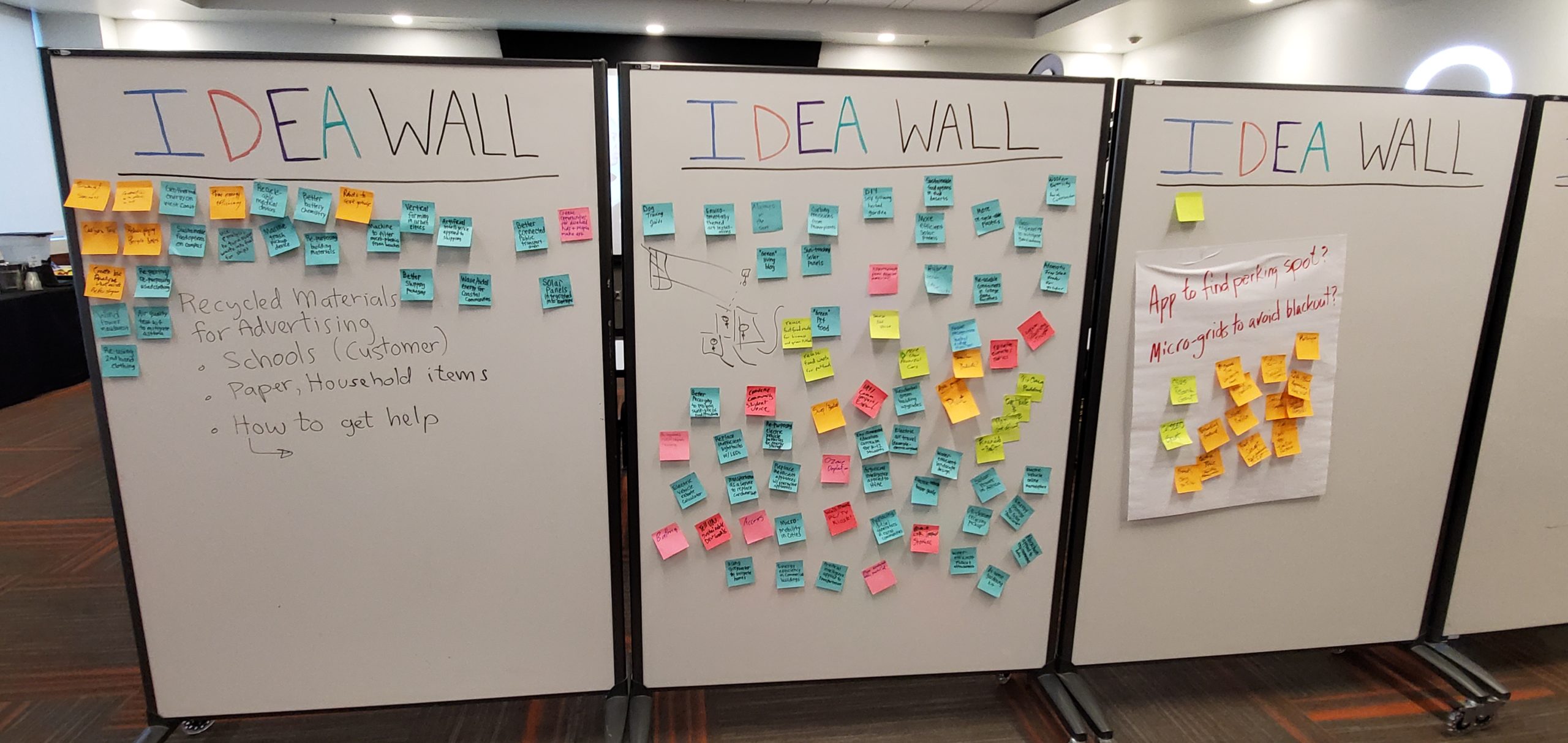
Luring students with free food, we asked them to share what ideas they had to promote sustainability and the product solutions they thought customers would like. Students placed their ideas on an Idea Wall, then with a coach followed went from station to station to flesh out their ideas and to build a startup. The coaches introduced them to actual entrepreneurs in the energy field, such as Al Rich of ACR Solar (link to blog). Then students got to talk with some actual investors to find out what they needed to be interested in putting money into a venture. Next Dan Casas-Murray introduced them to the Business Model Canvas and how to use it to develop a complete startup plan. At the last stop, we invited them to pitch their ideas in front of a camera. We shared those real-time and will have them loaded up soon.
Cameron Law, Executive Director of the Carlsen Center, showed up with Dale Carlsen himself and they both shared resources available to students on campus. Mr. Carlsen generously gave his time to act as one of the potential investors students could quiz. CleanStart also made sure students left with a packet of information in had so they could follow up on their ideas.
Consistent with the theme of Global Entrepreneurship Week, the “learning journey” was intended to stimulate student curiosity about a career as an entrepreneur or as a part of a startup team. We tried to make it fun and engaging. If all we did was make students understand what creating a business was like and want to know more, then we accomplished our mission. Overall, GEW was a huge success for CleanStart and Sac State, especially since the Carlsen Center received a donation of $1,000,000 from Western Health Advantage to continue to build its programs.
Look for updates with more student videos soon!
ABOUT THE AUTHOR
Thomas is the Executive Director of CleanStart. Thomas has a strong background in supporting small businesses, leadership, financial management and is proficient in working with nonprofits. He has a BS in Finance and a BA in Economics from California State University, Chico. Thomas has a passion for sustainability and a commitment to supporting non-profits in the region.
Sponsors




Weintraub | Tobin, Revrnt, Moss Adams, PowerSoft.biz, Greenberg Traurig
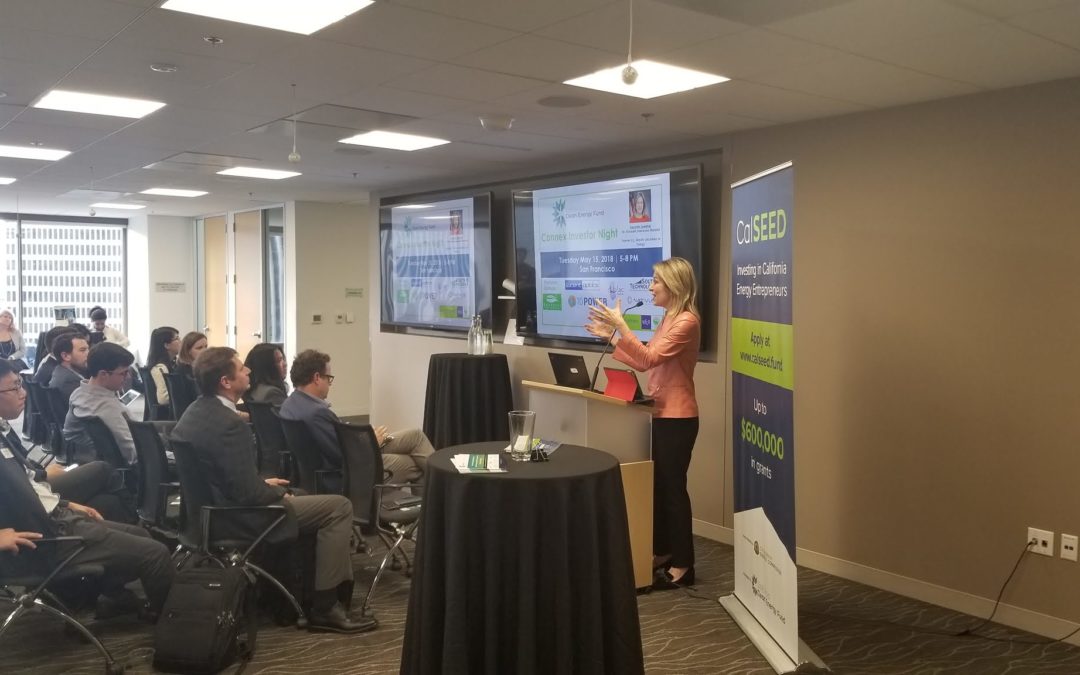
CalSEED Awards 7 Central Valley Companies $150,000 each, 3 in Davis
Funded by the Energy Commission, the California Sustainable Energy Entrepreneur Development (CalSEED) Initiative handed out $3.75 million to 25 companies across the state to develop their concepts for new clean energy products. (See the Press Announcement.) Of those, seven were awarded to companies around the Central Valley, the highest number from this area ever to receive such attention. Three were in our CleanStart region, all from Davis: DAE Technologies with a new lithium carbon fluoride battery, RePurpose Energy with second-life EV batteries used for stationary energy storage, and ZYD coupling heat pump water heating to hot water storage.
The other four were P-Kap Systems in Tahoe City with a rooftop solar sun-tracking system, Solar Flexes in Lassen County with an easy deployed ground mounted solar PV system, SierraCrete from Coalinga with a new building material, and RAF Electronics in Fresno with efficient LED theatrical lighting. You can see who won by county here.
The idea behind these awards is to let early-stage innovators develop their concepts to the product stage. Then these will compete to receive further $450,000 grants, with only a small handful of winners. This is the third year these awards have been made, with 71 companies in total having received the first-round grants. Over 200 companies applied this year, also the greatest number ever.
California stands out as offering this extensive and generous program for innovators to advance their products to market and get them better situated for their first rounds of outside investment. To qualify, companies must be based in California. These awards are not loans, nor do they involve any sale of shares in the companies. They are just straight-up grants.
Congratulations to all the winners. Well done! If you want to see some of these innovations and more, sign up for our Central Valley Cleantech Showcase October 9th in downtown Sacramento. It’s free and you will get to talk to two dozen of these enthusiastic startups.

ABOUT THE AUTHOR
Gary Simon is the Chair of CleanStarts Board. A seasoned energy executive and entrepreneur with 45 years of experience in business, government, and non-profits.
CleanStart Sponsors
Weintraub | Tobin, EY, Stoel Rives, Greenberg Traurig LLP
BlueTech Valley, Buchalter, Moss Adams, PowerSoft.biz
College of Engineering & Computer Science at Sacramento State

